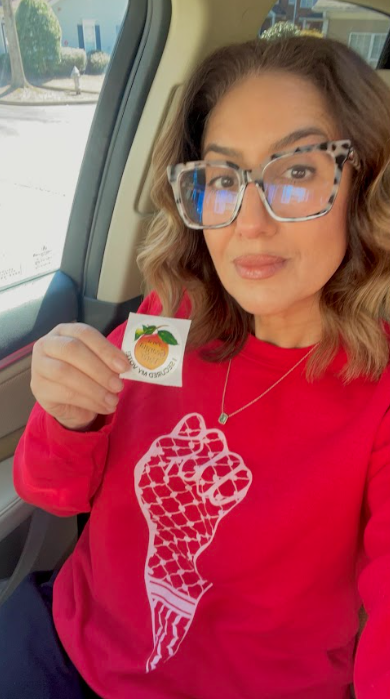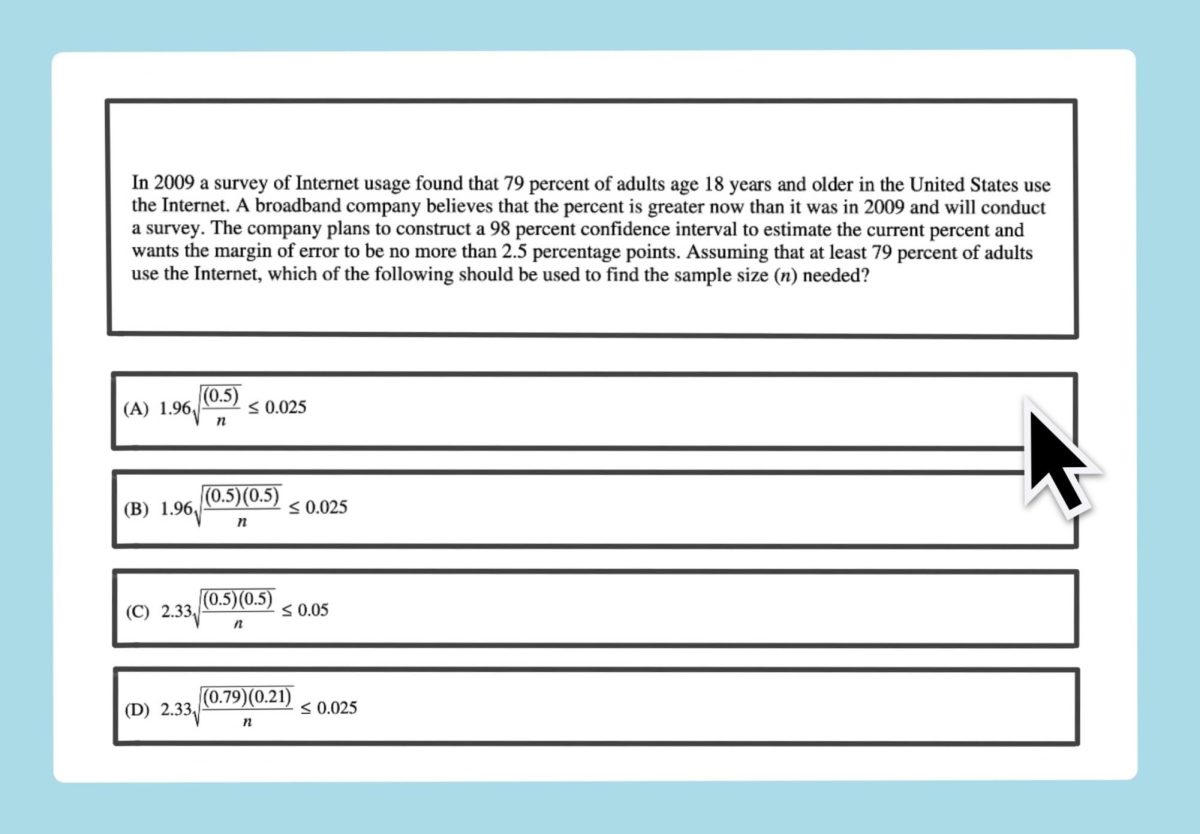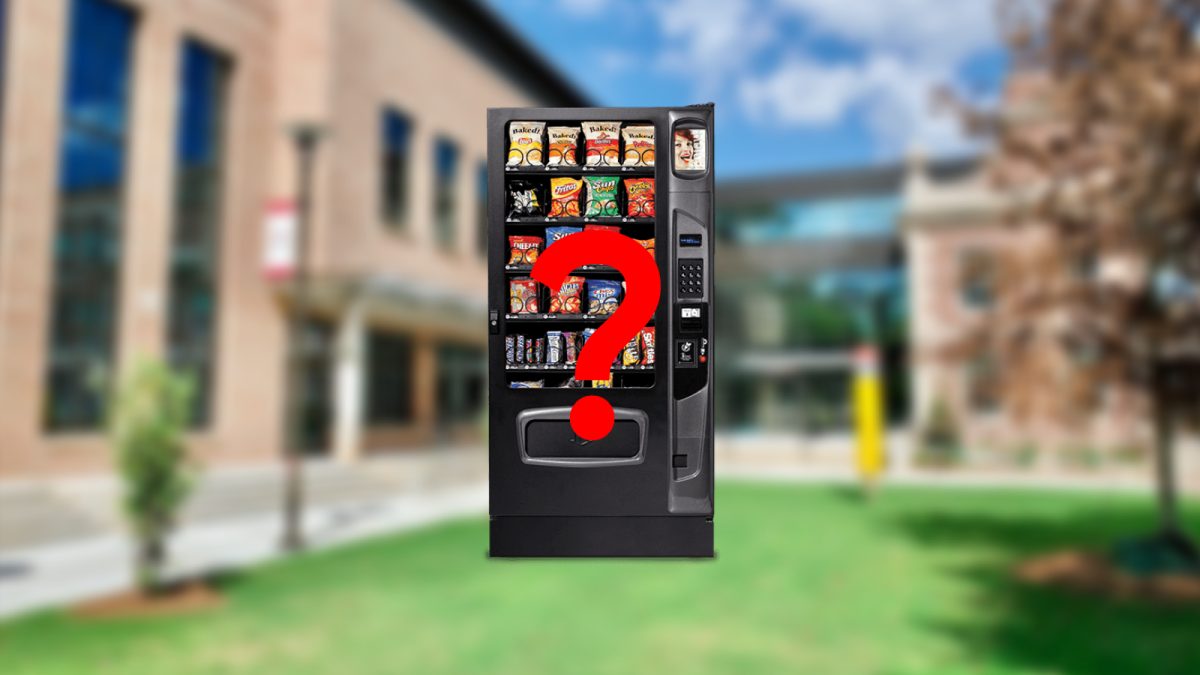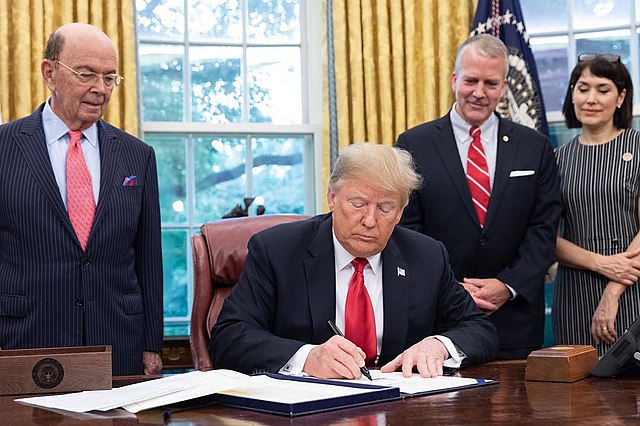I am ashamed to admit that I currently know more about One Direction member Harry Styles than I do about Nathan Deal. The extent of my knowledge is this: Deal is the governor of Georgia and a Republican. Unlike Deal, Styles is from Holmes Chapel, England, has a tattoo of a butterfly, used to date Taylor Swift and has a sister named Gemma.
Why do I know more about a British pop star than I do about the political leader of my home state? Maybe it’s because it’s more fun to read about a member of an English boy band than state politics. Or maybe it’s because I can’t yet vote. Or maybe it’s because my peers tend to converse more about pop culture than politics.
Whatever the reasons, I am not in the minority. A large chunk of high schoolers—myself included—pay more attention to celebrities than to politicians, despite the fact that the actions of the latter have an infinitely larger impact on our lives than the former. And since teenagers always have the excuse to be less socially responsible than the average citizen, I was surprised to learn that this international obsession with pop culture extends far beyond my own generation.
2014 was a year marked by numerous global phenomenon: the tragedy surrounding the still-rampant Ebola epidemic, the international comradery of the Sochi Olympics, the chilly yet heartwarming spread of the ALS Ice Bucket Challenge, the disappearance of Malaysia Airlines flight 370, the U.S. fight against ISIS and more. These pertinent issues, however, were seemingly less worthy of the American public’s attention than pop culture figures.
A feature on Google called Google Trends, which assesses search trends, showed that although all of these subjects were on Google’s list of the most-searched terms of the year, their popularity was suppressed by that of pop culture figures, leading me to question Google-er’s priorities (myself included).
At least the top 11 most-googled people were all actors/actresses, musicians or sports figures.
Americans googled “Jennifer Lawrence” six times more often than “Barack Obama” and searches for “Flappy Bird” outnumbered searches for “Keystone Pipeline” by a ratio of more than eight to one.
Though it can be argued that teenagers have always been obsessed with pop culture, the extent of the overall obsession is shocking. We place an absurd amount of influence into the hands of celebrities. For the sake of our own future, we should encourage ourselves to focus more on issues that affect us immediately.
In a society where information—both useful and meaningless—is constantly being shoved down our throats, we need to take control of what we spend our time learning. Instead of clicking on links advertising the juiciest celebrity gossip, we should intentionally choose to fill our minds with more useful information. In our late teenage years, it’s important to let go of the stereotypes that follow people our age. I am by no means rejecting pop culture entirety, but we need to spend our time and our resources more effectively, and pay attention to what actually matters.












